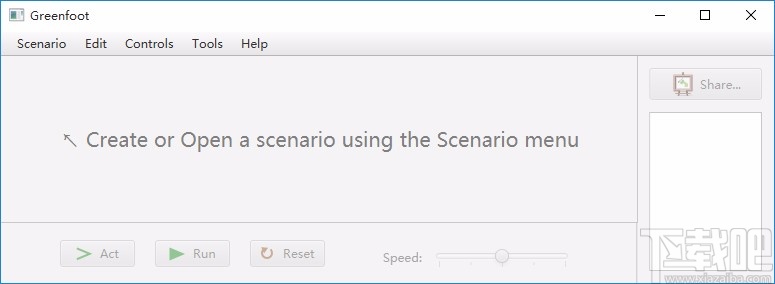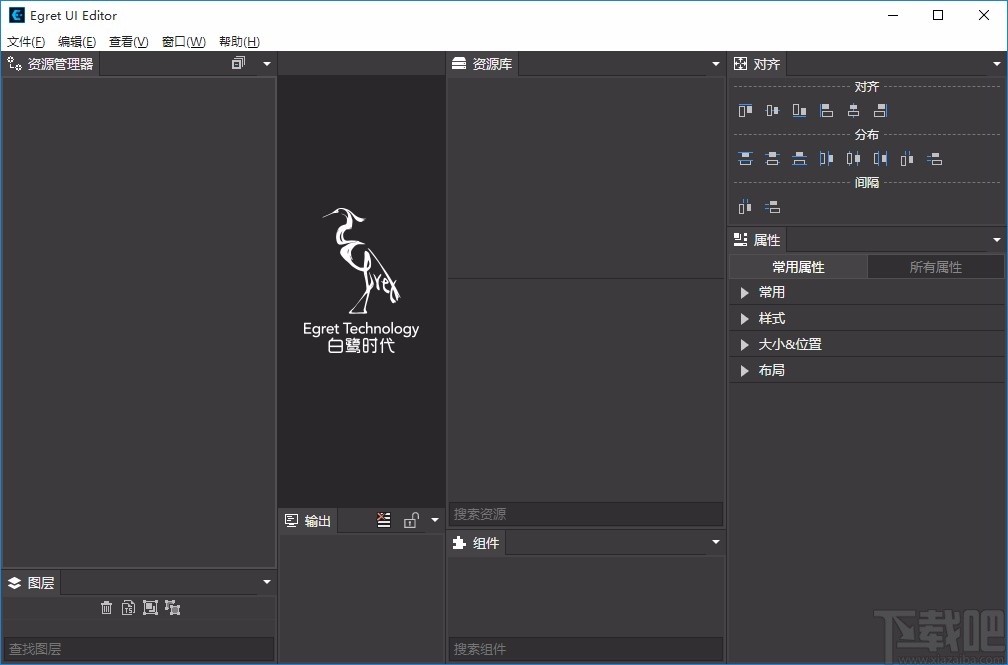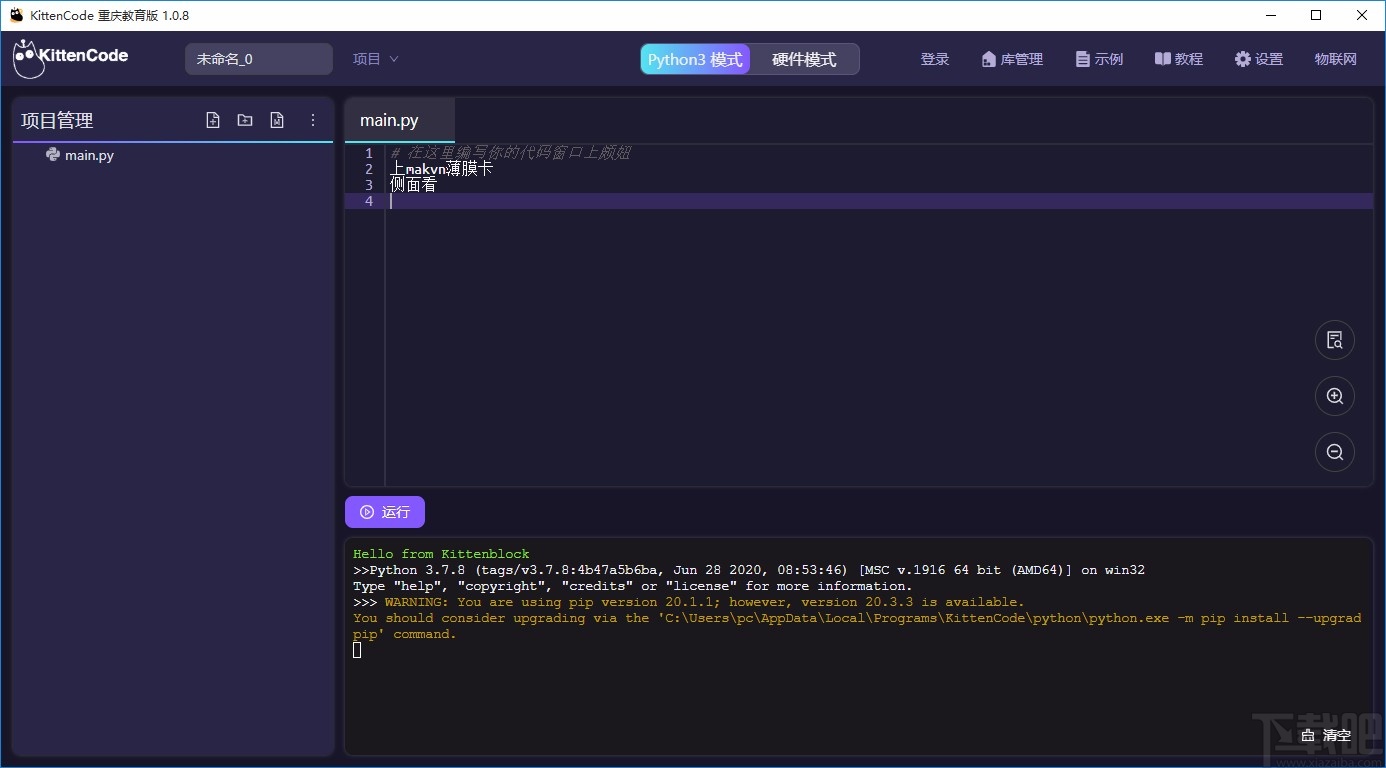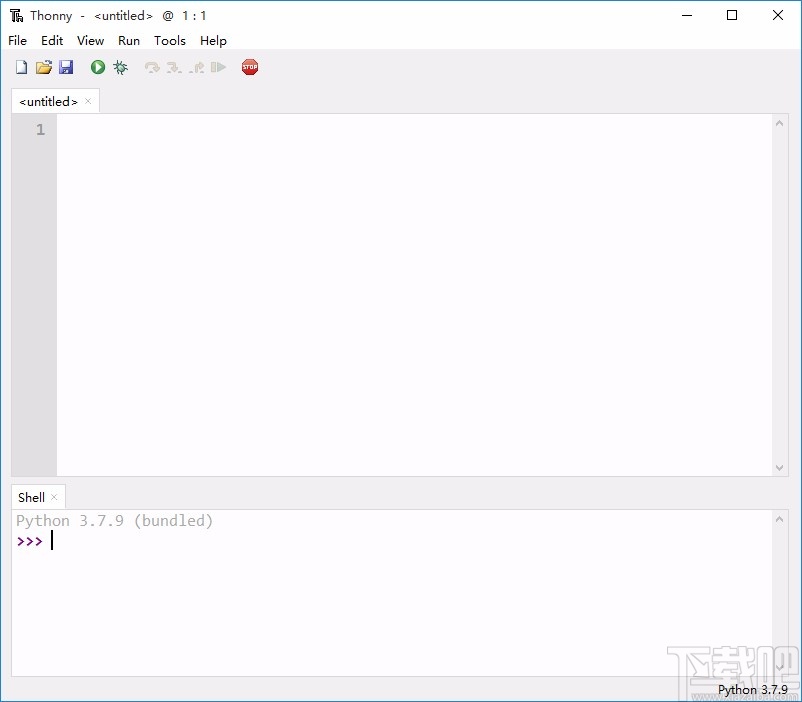Network Working Group M. Crispin
Request for Comments: 2062 University of Washington
Category: Informational December 1996
Internet Message Access Protocol - Obsolete Syntax
Status of this Memo
This memo provides information for the Internet community. This memo
does not specify an Internet standard of any kind. Distribution of
this memo is unlimited.
Abstract
This document describes obsolete syntax which may be encountered by
IMAP4 implementations which deal with older versions of the Internet
Mail Access Protocol. IMAP4 implementations MAY implement this
syntax in order to maximize interoperability with older
implementations.
This document repeats information from earlier documents, most
notably RFC1176 and RFC1730.
Obsolete Commands and Fetch Data Items
The following commands are OBSOLETE. It is NOT required to support
any of these commands or fetch data items in new server
implementations. These commands are documented here for the benefit
of implementors who may wish to support them for compatibility with
old client implementations.
The section headings of these commands are intended to correspond
with where they would be located in the main document if they were
not obsoleted.
6.3.OBS.1. FIND ALL.MAILBOXES Command
Arguments: mailbox name with possible wildcards
Data: untagged responses: MAILBOX
Result: OK - find completed
NO - find failure: can"t list that name
BAD - command unknown or arguments invalid
The FIND ALL.MAILBOXES command returns a subset of names from the
complete set of all names available to the user. It returns zero
or more untagged MAILBOX replies. The mailbox argument to FIND
ALL.MAILBOXES is similar to that for LIST with an empty reference,
except that the characters "%" and "?" match a single character.
Example: C: A002 FIND ALL.MAILBOXES *
S: * MAILBOX blurdybloop
S: * MAILBOX INBOX
S: A002 OK FIND ALL.MAILBOXES completed
6.3.OBS.2. FIND MAILBOXES Command
Arguments: mailbox name with possible wildcards
Data: untagged responses: MAILBOX
Result: OK - find completed
NO - find failure: can"t list that name
BAD - command unknown or arguments invalid
The FIND MAILBOXES command returns a subset of names from the set
of names that the user has declared as being "active" or
"subscribed". It returns zero or more untagged MAILBOX replies.
The mailbox argument to FIND MAILBOXES is similar to that for LSUB
with an empty reference, except that the characters "%" and "?"
match a single character.
Example: C: A002 FIND MAILBOXES *
S: * MAILBOX blurdybloop
S: * MAILBOX INBOX
S: A002 OK FIND MAILBOXES completed
6.3.OBS.3. SUBSCRIBE MAILBOX Command
Arguments: mailbox name
Data: no specific data for this command
Result: OK - subscribe completed
NO - subscribe failure: can"t subscribe to that name
BAD - command unknown or arguments invalid
The SUBSCRIBE MAILBOX command is identical in effect to the
SUBSCRIBE command. A server which implements this command must be
able to distinguish between a SUBSCRIBE MAILBOX command and a
SUBSCRIBE command with a mailbox name argument of "MAILBOX".
Example: C: A002 SUBSCRIBE MAILBOX #news.comp.mail.mime
S: A002 OK SUBSCRIBE MAILBOX to #news.comp.mail.mime
completed
C: A003 SUBSCRIBE MAILBOX
S: A003 OK SUBSCRIBE to MAILBOX completed
6.3.OBS.4. UNSUBSCRIBE MAILBOX Command
Arguments: mailbox name
Data: no specific data for this command
Result: OK - unsubscribe completed
NO - unsubscribe failure: can"t unsubscribe that name
BAD - command unknown or arguments invalid
The UNSUBSCRIBE MAILBOX command is identical in effect to the
UNSUBSCRIBE command. A server which implements this command must
be able to distinguish between a UNSUBSCRIBE MAILBOX command and
an UNSUBSCRIBE command with a mailbox name argument of "MAILBOX".
Example: C: A002 UNSUBSCRIBE MAILBOX #news.comp.mail.mime
S: A002 OK UNSUBSCRIBE MAILBOX from #news.comp.mail.mime
completed
C: A003 UNSUBSCRIBE MAILBOX
S: A003 OK UNSUBSCRIBE from MAILBOX completed
6.4.OBS.1 PARTIAL Command
Arguments: message sequence number
message data item name
position of first octet
number of octets
Data: untagged responses: FETCH
Result: OK - partial completed
NO - partial error: can"t fetch that data
BAD - command unknown or arguments invalid
The PARTIAL command is equivalent to the associated FETCH command,
with the added functionality that only the specified number of
octets, beginning at the specified starting octet, are returned.
Only a single message can be fetched at a time. The first octet
of a message, and hence the minimum for the starting octet, is
octet 1.
The following FETCH items are valid data for PARTIAL: RFC822,
RFC822.HEADER, RFC822.TEXT, BODY[<section>], as well as any .PEEK
forms of these.
Any partial fetch that attempts to read beyond the end of the text
is truncated as appropriate. If the starting octet is beyond the
end of the text, an empty string is returned.
The data are returned with the FETCH response. There is no
indication of the range of the partial data in this response. It
is not possible to stream multiple PARTIAL commands of the same
data item without processing and synchronizing at each step, since
streamed commands may be executed out of order.
There is no requirement that partial fetches follow any sequence.
For example, if a partial fetch of octets 1 through 10000 breaks
in an awkward place for BASE64 decoding, it is permitted to
continue with a partial fetch of 9987 through 19987, etc.
The handling of the Seen flag is the same as in the associated
FETCH command.
Example: C: A005 PARTIAL 4 RFC822 1 1024
S: * 1 FETCH (RFC822 {1024}
S: Return-Path: <gray@cac.washington.edu>
S: ...
S: ......... FLAGS (Seen))
S: A005 OK PARTIAL completed
6.4.5.OBS.1 Obsolete FETCH Data Items
The following FETCH data items are obsolete:
BODY[<...>0] A body part number of 0 is the [RFC-822] header of
the message. BODY[0] is functionally equivalent to
BODY[HEADER], differing in the syntax of the
resulting untagged FETCH data (BODY[0] is
returned).
RFC822.HEADER.LINES <header_list>
Functionally equivalent to BODY.PEEK[HEADER.LINES
<header_list>], differing in the syntax of the
resulting untagged FETCH data (RFC822.HEADER is
returned).
RFC822.HEADER.LINES.NOT <header_list>
Functionally equivalent to
BODY.PEEK[HEADER.LINES.NOT <header_list>],
differing in the syntax of the resulting untagged
FETCH data (RFC822.HEADER is returned).
RFC822.PEEK Functionally equivalent to BODY.PEEK[], except for
the syntax of the resulting untagged FETCH data
(RFC822 is returned).
RFC822.TEXT.PEEK
Functionally equivalent to BODY.PEEK[TEXT], except
for the syntax of the resulting untagged FETCH data
(RFC822.TEXT is returned).
Obsolete Responses
The following responses are OBSOLETE. Except as noted below, these
responses MUST NOT be transmitted by new server implementations.
Client implementations SHOULD accept these responses.
The section headings of these responses are intended to correspond
with where they would be located in the main document if they were
not obsoleted.
7.2.OBS.1. MAILBOX Response
Data: name
The MAILBOX response MUST NOT be transmitted by server
implementations except in response to the obsolete FIND MAILBOXES
and FIND ALL.MAILBOXES commands. Client implementations that do
not use these commands MAY ignore this response. It is documented
here for the benefit of implementors who may wish to support it
for compatibility with old client implementations.
This response occurs as a result of the FIND MAILBOXES and FIND
ALL.MAILBOXES commands. It returns a single name that matches the
FIND specification. There are no attributes or hierarchy
delimiter.
Example: S: * MAILBOX blurdybloop
7.3.OBS.1. COPY Response
Data: none
The COPY response MUST NOT be transmitted by new server
implementations. Client implementations MUST ignore the COPY
response. It is documented here for the benefit of client
implementors who may encounter this response from old server
implementations.
In some eXPerimental versions of this protocol, this response was
returned in response to a COPY command to indicate on a
per-message basis that the message was copied sUCcessfully.
Example: S: * 44 COPY
7.3.OBS.2. STORE Response
Data: message data
The STORE response MUST NOT be transmitted by new server
implementations. Client implementations MUST treat the STORE
response as equivalent to the FETCH response. It is documented
here for the benefit of client implementors who may encounter this
response from old server implementations.
In some experimental versions of this protocol, this response was
returned instead of FETCH in response to a STORE command to report
the new value of the flags.
Example: S: * 69 STORE (FLAGS (Deleted))
Formal Syntax of Obsolete Commands and Responses
Each obsolete syntax rule that is suffixed with "_old" is added to
the corresponding name in the formal syntax. For example,
command_auth_old adds the FIND command to command_auth.
command_auth_old ::= find
command_select_old
::= partial
date_year_old ::= 2digit
(year - 1900)
date_time_old ::= <"> date_day_fixed "-" date_month "-" date_year
SPACE time "-" zone_name <">
find ::= "FIND" SPACE ["ALL."] "MAILBOXES" SPACE
list_mailbox
fetch_att_old ::= "RFC822.HEADER.LINES" [".NOT"] SPACE header_list /
fetch_text_old
fetch_text_old ::= "BODY" [".PEEK"] section_old /
"RFC822" [".HEADER" / ".TEXT" [".PEEK"]]
msg_data_old ::= "COPY" / ("STORE" SPACE msg_att)
partial ::= "PARTIAL" SPACE nz_number SPACE fetch_text_old SPACE
number SPACE number
section_old ::= "[" (number ["." number]) "]"
subscribe_old ::= "SUBSCRIBE" SPACE "MAILBOX" SPACE mailbox
unsubscribe_old ::= "UNSUBSCRIBE" SPACE "MAILBOX" SPACE mailbox
zone_name ::= "UT" / "GMT" / "Z" / +0000
"AST" / "EDT" / -0400
"EST" / "CDT" / -0500
"CST" / "MDT" / -0600
"MST" / "PDT" / -0700
"PST" / "YDT" / -0800
"YST" / "HDT" / -0900
"HST" / "BDT" / -1000
"BST" / -1100
"A" / "B" / "C" / "D" / "E" / "F" / +1 to +6
"G" / "H" / "I" / "K" / "L" / "M" / +7 to +12
"N" / "O" / "P" / "Q" / "R" / "S" / -1 to -6
"T" / "U" / "V" / "W" / "X" / "Y" -7 to -12
Security Considerations
Security issues are not discussed in this memo.
Author"s Address
Mark R. Crispin
Networks and Distributed Computing
University of Washington
4545 15th Aveneue NE
Seattle, WA 98105-4527
Phone: (206) 543-5762
EMail: MRC@CAC.Washington.EDU




